Reduce the risk of a holiday breakdown
9 July, 2019
You are slowly making your way towards your campsite and your holiday destination is finally almost in sight. Everything is going smoothly, but suddenly all hell breaks loose. A red light on the dashboard starts flashing and there is smoke coming from the bonnet. Car trouble! Could you have prevented this? Of course you can’t prevent everything, but with these tips the risk of breaking down on the road will be a lot smaller.
1. Be prepared
As long as it is still a human being driving the car it is better if the driver can really concentrate on the road. He or she shouldn’t have to worry about the route or the applicable traffic laws. So take some time beforehand and check the rules for the countries you will be driving through.
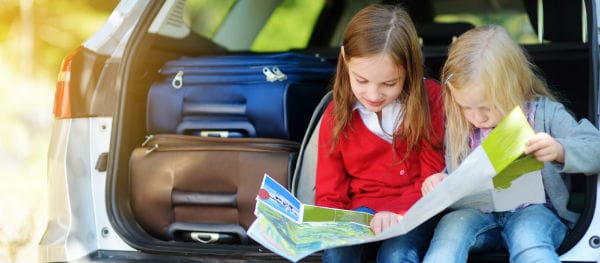
Because some laws are different per country, in fact, sometimes they are even different per vehicle. A motorhome often has to follow different rules than a car (for example in Spain). So look this up beforehand and also have a look at the regulations concerning environmental labels and the items that you are required to carry in the car or motorhome.
2. Check your vehicle before departure
You, the driver, are now well prepared for the trip, but can you say the same for your car? Of course it is always a good idea to take your car in for regular maintenance, but an extra check just before your holiday can’t hurt. Your motor will have to bear a heavy load, especially if it will be towing a caravan, which means it must be in top condition. Of course you should follow the standard checklist with items on it such as tyre pressure, oil level, coolant and lights. But the clutch plate, the brakes and the filters also deserve attention.
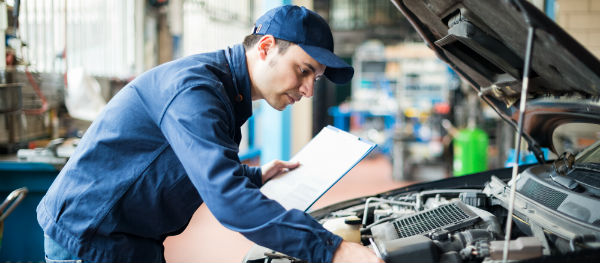
To give you an idea of the parts that are most likely to cause breakdowns on the road, see the list below:
- Battery – Standing still for a long time on the campsite and keeping the air conditioning running
- Clutch plate – Often caused by (incorrect) driving in the mountains
- Brakes – Also often caused by (incorrect) driving in the mountains
- Filters – Caused by driving for long periods at high speeds
- Tyres – Flat tyre: sometimes caused by incorrect inflation pressure or an insufficient tread pattern
- Wrong fuel – Luckily there are new universal fuel codes
3. Just to freshen up
The route is in your head, you know the traffic laws and your car is in good condition. Now it’s time to head out, well-rested and ready to go. That goes for you as a driver, but also for your car. So give your car a wash before you leave, concentrating mainly on the windows (also the insides) and the lights. And if your windscreen wipers make your view worse rather than better, replace them before you leave!
4. Driving in holiday mode
Everything and everyone is now ready for departure, so let’s get that holiday started! You’re covering plenty of ground and slowly but surely the landscape around you changes. Are you already in holiday mode? Hopefully so, and hopefully this is also reflected in your driving style. Because holiday driving, especially with a caravan behind your car, is different than everyday driving. Your driving style can significantly reduce (or increase) the risk of breakdowns on the road!
You are driving long stretches, often at high speeds. On the way you might get in a traffic jam where you have to accelerate and slow down repetitively. You may have to pass through a mountainous landscape, and then there is the southern European heat that the air conditioning has to fight. So don’t demand more from your car than necessary. Stick to the speed limits, make sure your car is not overloaded (the same goes for your caravan) and adjust your driving style. Especially when driving through the mountains. This is a completely different kettle of fish than a ride through your local neighbourhood.
5. What if it goes wrong after all?
Sometimes it’s just a question of bad luck. Despite following the above advice, of course something unexpected can always happen forcing you to make an emergency stop. In that case it is useful to have good insurance. It usually means you’ll be able to get back on the road quicker, and many additional costs will be reimbursed.
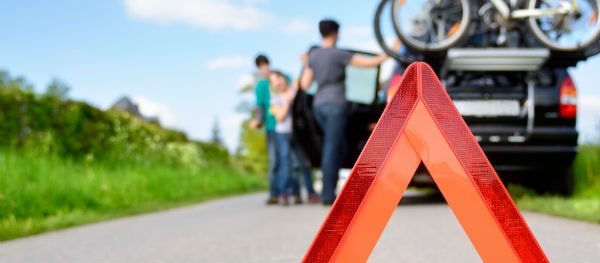
If your car breaks down en route, first make sure that you and your travelling companions are safe. Stop your car (or motorhome) as far to the right of the road as possible. Turn on the warning lights, place the warning triangle about 30 metres behind the vehicle and put on a reflective vest. Then let all other occupants get out from the right side of the car and wait behind the guardrail or in the verge. Whatever you do, never stay in the car! Then call your insurance company or the breakdown service.
Do you have any good tips?
With the tips I’ve given you, you should be able to significantly reduce the risk of a car breakdown. But maybe I forgot a handy tip? Do you have any sage advice you’d like to give other campers? Let us know by posting a comment on this blog.


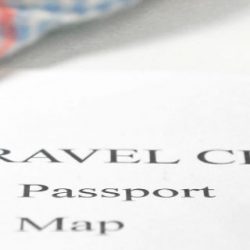
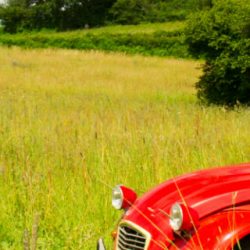

Latest comments